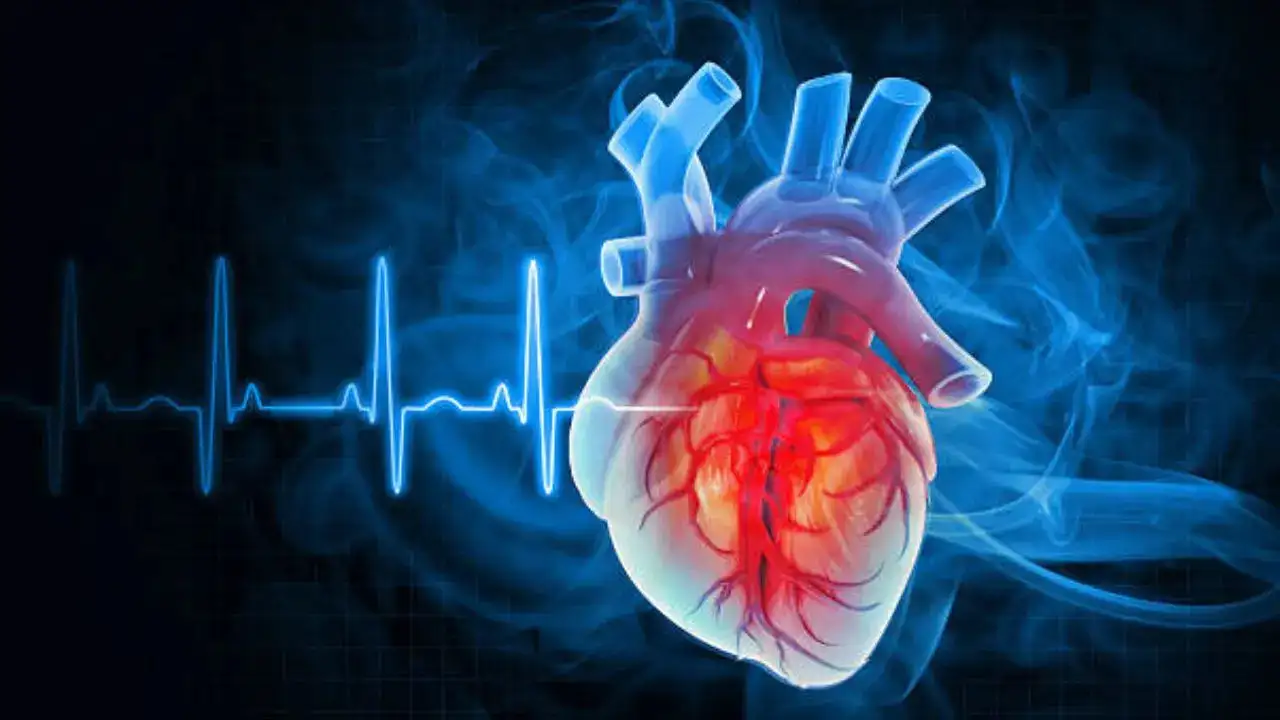A Normal ECG Doesn’t Guarantee Heart Health, Warns Doctor; How to Detect Hidden Problems Early
By Ashima Sharda Mahindra
Copyright timesnownews

An electrocardiogram, or ECG, is a standard test that records your heart’s electrical activity – offering a quick and painless way to identify irregular heart rhythms and other potential issues. But if your ECG comes back normal, does that mean your heart is completely healthy? Experts do not think so. While a normal ECG can be reassuring, experts believe there is more to your heart health than just one test. According to general physician Dr Chaitanya Challa, there can be many subtle issues that can go unnoticed, which you need to be careful of. “One patient said, ‘Doctor, I did my ECG. It was fine, but I still have chest pain. My father also did his ECG six months ago; it was normal, the doctor said so. We still went to a cardiologist,” Dr Challa told his followers on Instagram. “The cardiologist also said the ECG was normal. But yesterday, my father had a heart attack. People often ask me, How can this happen when the ECG is normal?” he added. Why is a normal ECG not a sign of good heart health? According to Dr Challa, your heart has three main systems: The electrical system, which can be monitored by an ECG. The muscular system, which takes care of the pumping capacity of your heart, can be assessed through a 2D echocardiogram. The blood flow system, which can be checked using an angiogram What are the heart conditions that the ECG may not show? While the ECG is an excellent indicator of your heart’s immediate condition, it may not be able to capture everything. A few heart issues may not just show up on an ECG – especially if they are intermittent or related to smaller blood vessels. A few conditions that may not cause significant ECG changes include: Coronary Artery Disease Any kind of blockage in your smaller arteries may not show up unless it causes an active problem. Intermittent arrhythmias A few irregular rhythms occur only occasionally, so a single ECG might miss them. Structural abnormalities Many issues with your heart valves or other structures may not always affect electrical activity. How to get a check-up for your heart? According to Dr Chaitanya, you must go for angiogram tests, which use a special dye to visualise blood vessels and diagnose conditions like blockages or narrowing in your arteries. “This test is meant for healthy individuals who want to check if their heart’s blood flow is good. It’s quick, takes about five minutes, and can be done once every five years,” he said. Ways to keep your heart healthy If you want to maintain your heart health, make sure to go for regular check-ups – at any age, despite your ECG results coming out normal. According to experts, leading a heart-healthy lifestyle prevents issues that may not be apparent on an ECG but still affect long-term heart health. Make sure to Eat a balanced diet Add lots of fresh fruits, vegetables, lean proteins, and whole grains to your daily meals. Regular exercise It is important to work out daily, with an aim for at least 150 minutes of moderate exercise every week. Manage stress Doctors say chronic stress impacts your heart health over time, and so there are ways and means you should follow, which include meditation and yoga. Avoid smoking and drinking alcohol Both smoking and alcohol contribute to heart disease and can be the cause of heart attacks and strokes.



